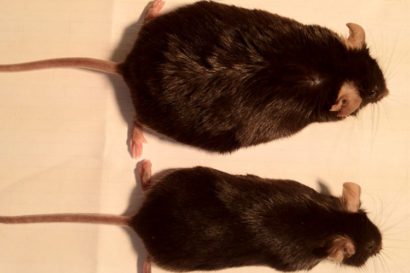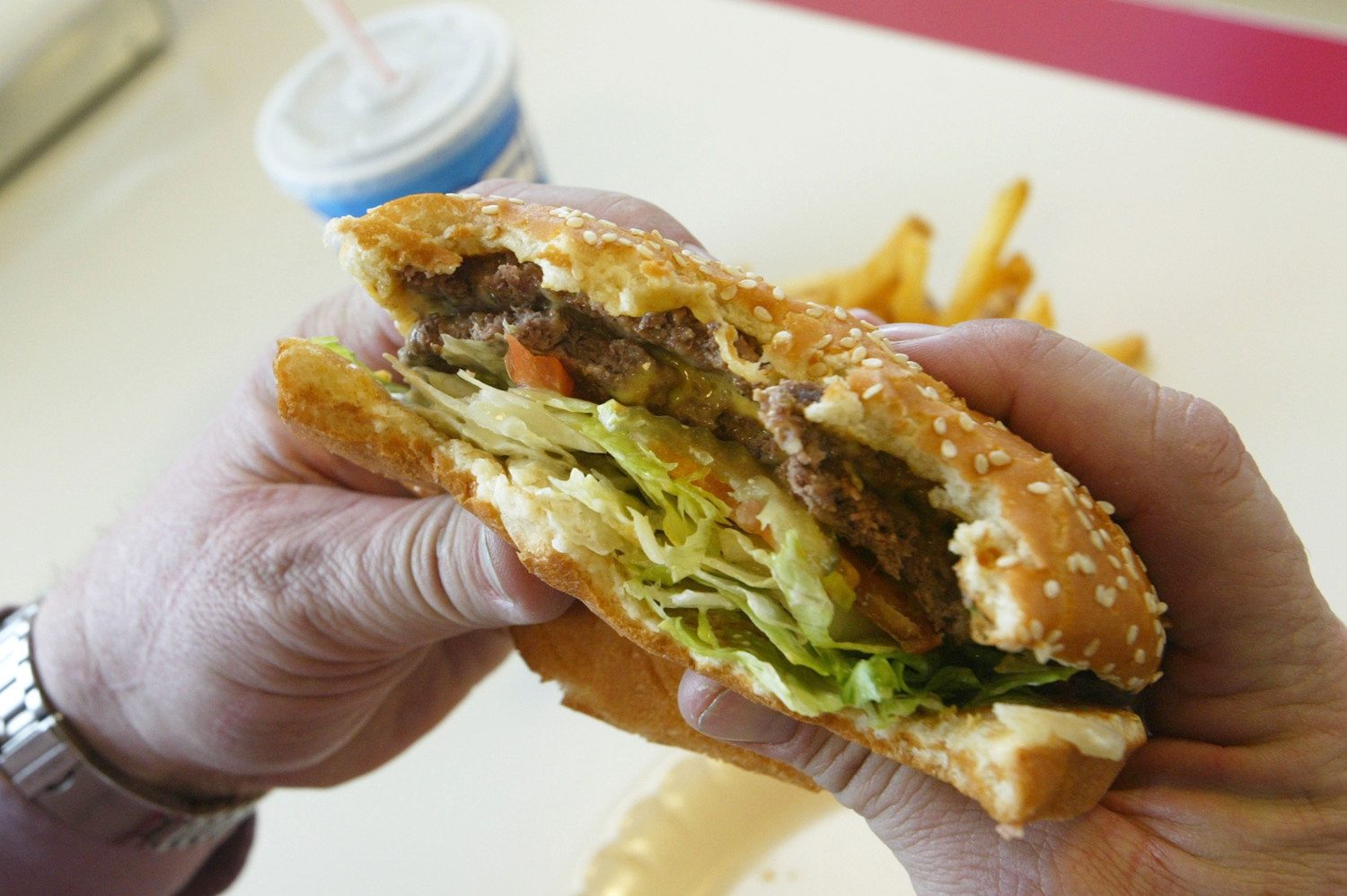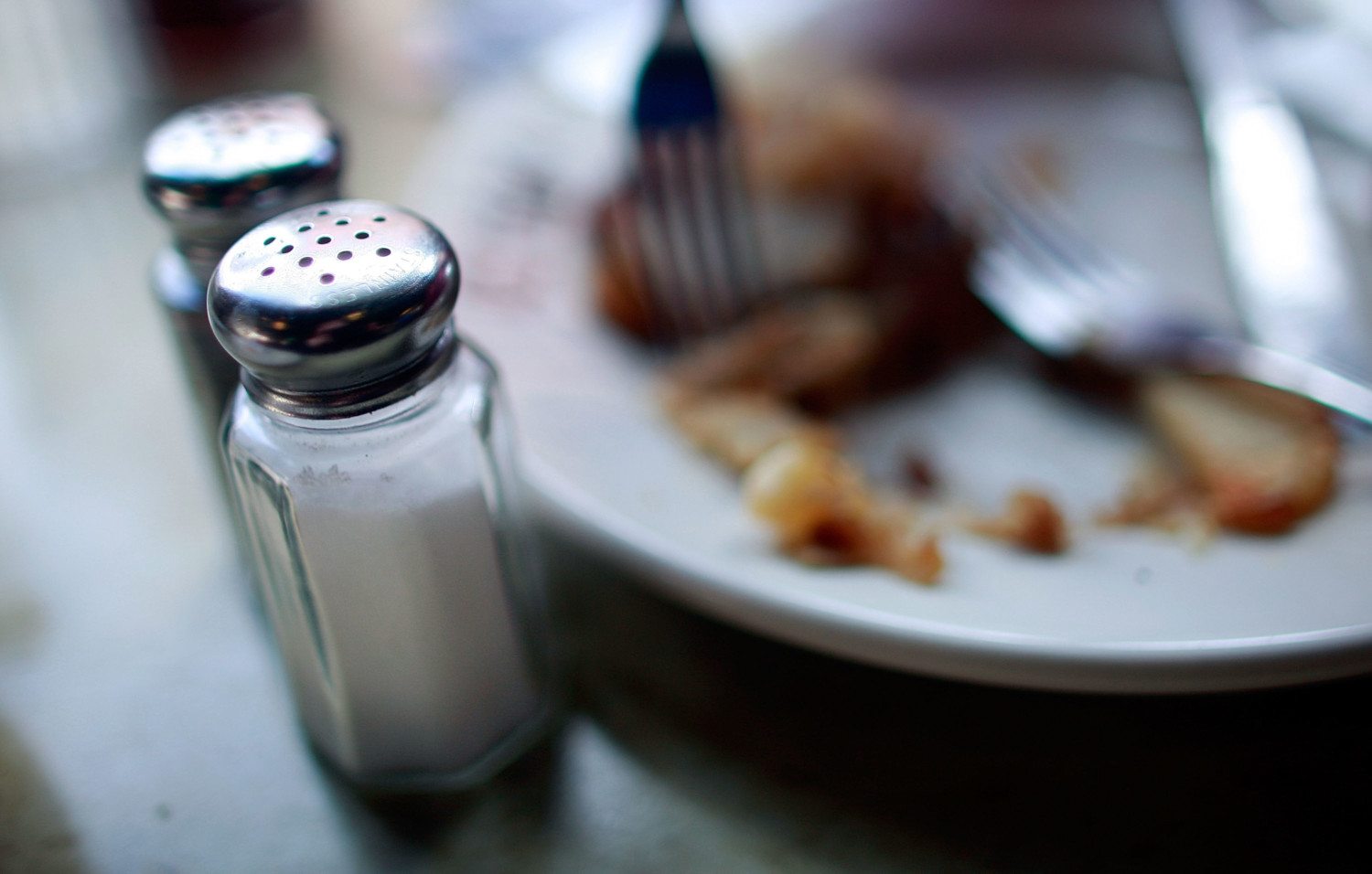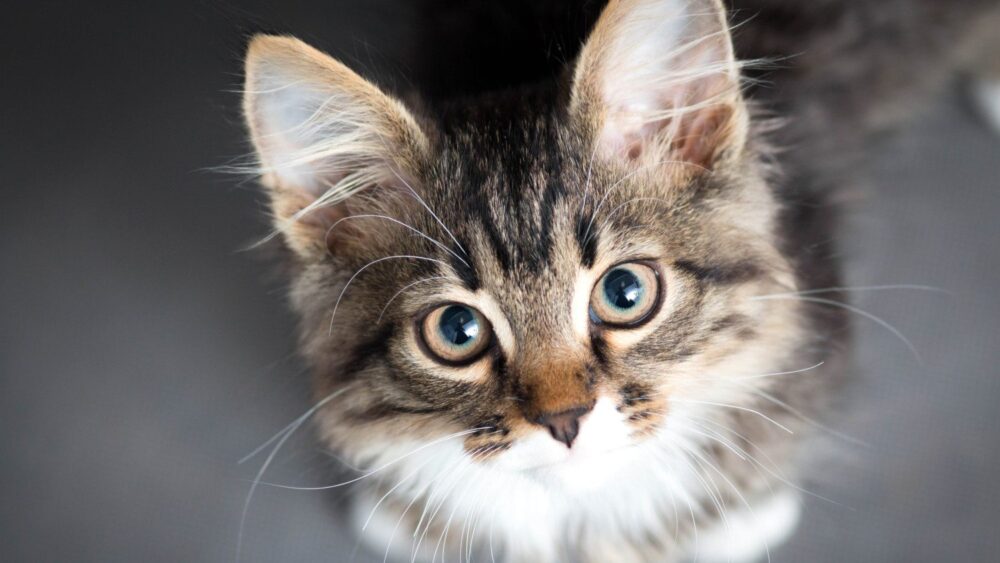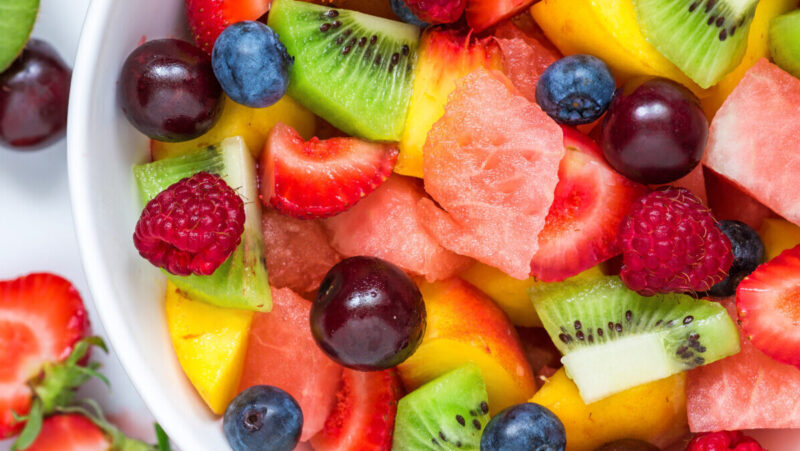Just smelling food could cause weight gain

You may not think your sense of smell has much to do with the weight you put on, but according to a recent study, that’s not necessarily the case. Research conducted at the University of California Berkeley shows that smelling your food could have a lot to do with packing on the pounds.
The study was only conducted on mice, so the way this could work for humans is not yet known for certain, but nevertheless, these results are fascinating. Groups of mice were all fed a diet consisting of high-fat Burger King foods. There was a group of regular mice, one that had its sense of smell temporarily disabled and another group of “super-smellers.”
Each mouse ate the same amount of food, but the group with the heightened sense of smell gained the most weight in the end. The regular group also saw significant weight gain, with some nearly doubling in size. But the group with no sense of smell gained only 10 percent of their body weight.
So, what does this mean exactly?
Well, this just goes to show that a sense of smell can help the brain decide to store fat or burn it. At least, that was the case for these mice. The researchers are thinking that this could be helpful for humans trying to lose weight.
However, disabling a human’s sense of smell does seem like a drastic weight-loss measure. And it could come with some negative unintended consequences.
“People that don’t have a sense of smell can get depressed, because the sense of smell is very important for behavior,” researcher Celine Riera told SF Gate. “They lose all pleasure of eating.”
The disabling of the smell would be temporary, just as it was for the mice, if this were to be practiced on humans. But, once the sense of smell was restored, the lost weight could be regained, and the process would need to be repeated
“Maybe once a year you block your sense of smell for a while and then you lose the weight from the year and do it all over again,” researcher Andrew Dillin told SF Gate. “We don’t know yet. There’s a lot we still need to do.”
However, there may be less drastic approaches because smell and taste are so closely linked. According to Beverly Tepper, professor of food science at Rutgers University, there are two types of people, tasters and non-tasters.
Tasters experience flavors more intensely than non-tasters, so they may be more willing to go on a diet because they’re still getting a lot of flavor from healthy, “more bland” foods.
“I’d like to figure out what kind of advice we can give to people who want to lose weight and how that would differ between tasters and nons,” she told Live Science. “For instance, we’re often asked to reduce the amount of fat we consume, but that could be more difficult for nons. So maybe we turn up the volume on the foods we’re offering them to make up for the lack of sensory stimulation that they’d be getting from a low-fat diet, maybe adding non-caloric flavor enhancers, like mustards and vinegars.”
There are definitely some interesting links between smell and taste and how they affect your diet, and with more research, we could benefit from new methods for weight loss in the future. Until then, try not to inhale too deeply when you’re near delicious-smelling foods!


